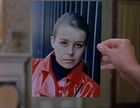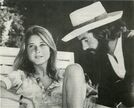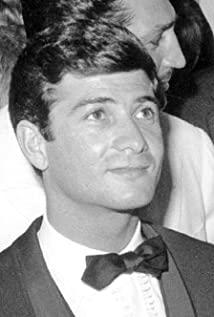The story of Don Quixote and Sancho at the beginning serves as a point-and-click clue, and the story of the diplomat and the two girls corresponds to this. Don Quixote is a diplomat, and riding a horse implies the instinctive nature (desire) of man. Being blindfolded and using the brazier as the sun is hypocrisy and consolidating one's so-called morality, but what is actually pursued is a kind of hypocrisy. The sun should mean "true love" or true good morals or something. People delusionally want to control their own instincts to pursue "essence", but in reality they are often dominated by desires and want to establish their inner morality (hypocrisy). To put it bluntly, it is self-deception. The male protagonist is not afraid of hurting the two girls, but is afraid of breaking his inner hypocrisy, so he would rather suppress his desires and maintain his inner hypocrisy, so he deceives himself. Similar to Maud's One Night, these two moral stories I think both hide Rohmer's deepest microscopic observation of human nature, and finally make a kind of ridicule and irony.
View more about Claire's Knee reviews










